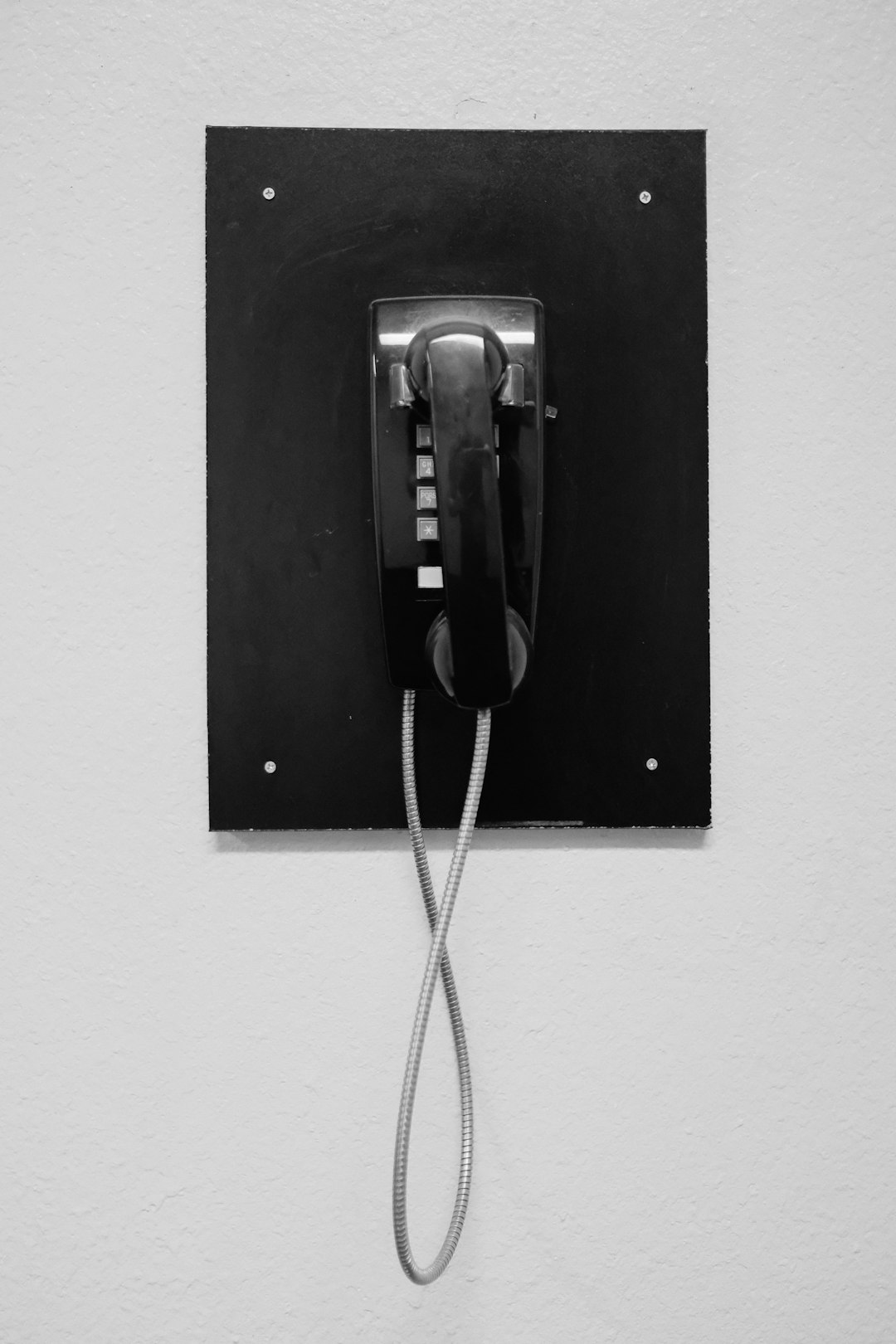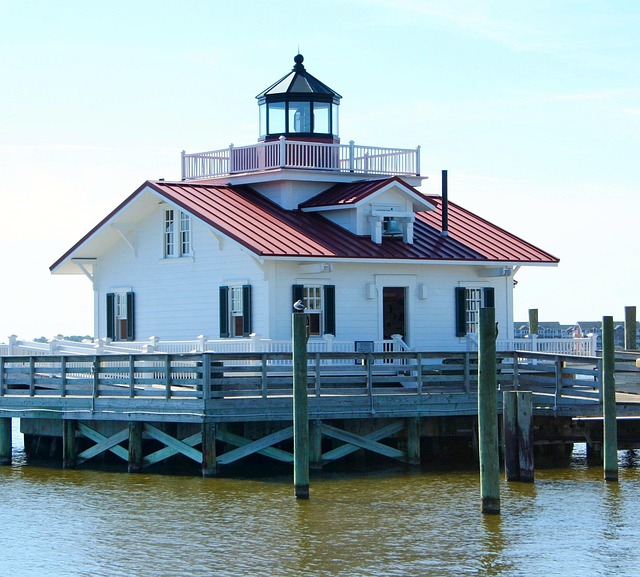Nonprofit organizations fundraising in Wilmington, North Carolina, must adhere to strict telemarketing laws to protect residents from unwanted calls. Engaging a lawyer specializing in 'lawyer for Unwanted call NC' regulations is vital to ensure compliance with the Telephone Consumer Protection Act (TCPA), obtain prior consent, offer opt-out options, and respect donor preferences. This guidance minimizes legal risks, helps maintain a positive public image, and facilitates effective fundraising campaigns.
In Wilmington, North Carolina, nonprofits play a vital role in the community. However, fundraising through phone calls raises legal considerations, particularly with unwanted call laws in place. This article guides nonprofits on navigating these complexities. We delve into the legal obligations and permitted practices for successful fundraising while adhering to state regulations. Understanding these aspects is crucial, especially when seeking a lawyer for unwanted call issues in NC.
Understanding Unwanted Call Laws in North Carolina

In North Carolina, like many states, there are strict laws governing unwanted phone calls, also known as telemarketing or robocalls. These regulations aim to protect residents from unsolicited contact and ensure fair business practices. Nonprofits making fundraising calls in Wilmington must adhere to these laws to avoid penalties and maintain a positive reputation.
Understanding the North Carolina Unwanted Call Laws is crucial for any nonprofit organization engaging in phone fundraising. This includes obtaining proper consent, providing an opt-out option, and respecting individual preferences. A lawyer specializing in unwanted call NC regulations can offer valuable guidance on navigating these requirements, ensuring compliance, and minimizing legal risks during fundraising campaigns.
Legal Obligations for Nonprofits Fundraising Over the Phone

Nonprofit organizations engaging in fundraising activities through phone calls in Wilmington, North Carolina, must adhere to specific legal obligations to ensure compliance with state and federal regulations. These rules are designed to protect consumers from unwanted or deceptive practices during telemarketing efforts. Nonprofits should be aware of the laws governing their fundraising calls to avoid potential penalties and maintain a positive reputation.
One key consideration is obtaining proper consent from donors. The Telephone Consumer Protection Act (TCPA) restricts phone marketing, including fundraising calls, and requires organizations to have prior express written consent from recipients. It’s crucial for nonprofits to obtain explicit permission from individuals before making any telemarketing calls, ensuring that each donor has agreed to be contacted in this manner. Consulting with a lawyer specializing in unwanted call NC regulations can help nonprofits understand their legal obligations and implement effective consent-gathering practices.
Navigating Permitted Fundraising Practices in Wilmington

Navigating the legal landscape of fundraising in Wilmington, North Carolina, is essential for nonprofits aiming to connect with potential donors effectively. While nonprofit organizations play a vital role in serving their communities, they must adhere to strict regulations, especially when it comes to fundraising activities. One common concern for many charities is managing unwanted calls or ensuring compliance with local telemarketing laws, which may be exacerbated by third-party vendors.
In Wilmington, nonprofits should familiarize themselves with the North Carolina Telemarketing Act and its provisions regarding fundraising. Engaging a lawyer specializing in nonprofit law and unwanted call regulations (also known as “do-not-call” laws) is wise. This legal expertise can guide nonprofits through the process of obtaining necessary permits, understanding consent requirements, and establishing practices that respect donor privacy while effectively raising funds for their causes.






